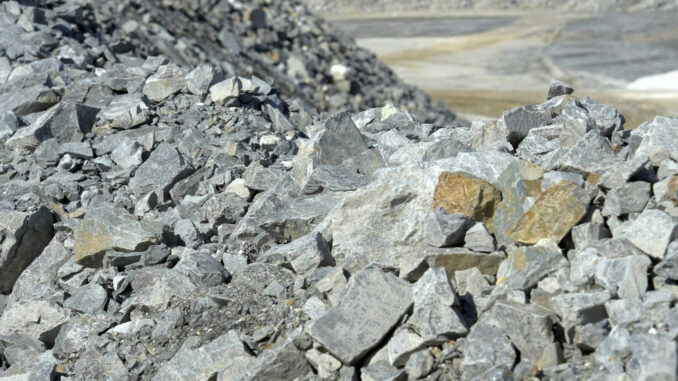
The information was given, in South Africa, by the Minister for Mineral Resources, Oil and Gas, Diamantino Pedro Azevedo, at the Angolan Mining Investment Forum, as part of the Mining Indaba 2023 Conference, which is being held in Cape Town.
According to the minister, Angola has critical mineral investment opportunities and will be a reliable source for the critical minerals needed for the energy transition.
“However, we must emphasize that the Angolan government will not only promote the extraction of these minerals, but will also require that a significant part of their value chain is also developed in our country,” he stressed.
At the forum, which was held under the slogan, “Critical Minerals for Energy Transition,” the Angolan minister said that Angola’s current list of critical minerals provides “greater confidence and predictability” for investors, in the country’s priorities and capacity to produce critical minerals.
Given the greatest urgent need to develop Angola’s critical minerals, he continued, the “efforts” are focused on lithium, iron ore, nickel, lead, cobalt, copper and rare earth elements, “targeting the entire value chain.”
The Angolan minister estimated, for the next five years, the start of production of neodymium and praseodymium, metals used in the manufacture of batteries for electric cars, as well as copper and niobium.
“This means that Angola can make a great leap in terms of mining critical minerals in the next five years,” he admitted.
The ruler pointed out that currently critical minerals represent a “generational opportunity” for Angola’s government, economy and net zero future, as they are the “basis on which modern technology is built”.
“Simply put, let it be said and confirmed that there is no energy transition without critical minerals and that is why critical mineral supply chain resilience is a growing opportunity for advanced economies,” he pointed out.
For Diamantino Pedro Azevedo, without critical minerals there is no energy transition for Angola and the world. By investing in critical minerals, he argued, one is “building a sustainable industrial base in all the critical minerals for the next generations.
He also assured potential investors that Angola has “significant deposits” of critical minerals, a stable investment environment, strong regulatory model and good governance to attract companies that can be trusted by the world’s main investors.
